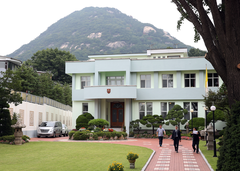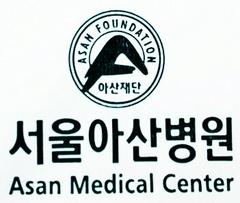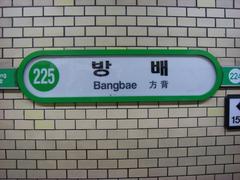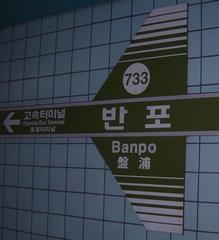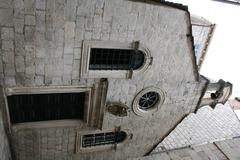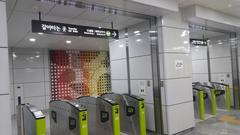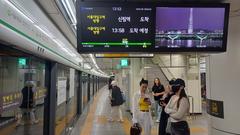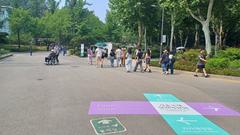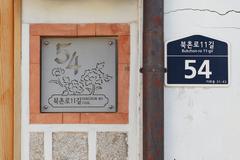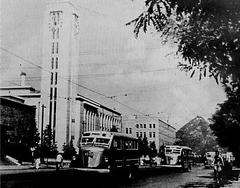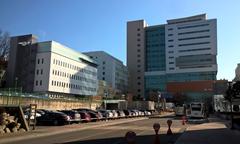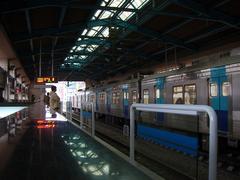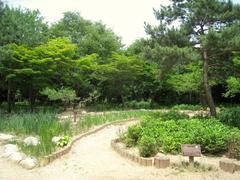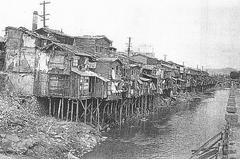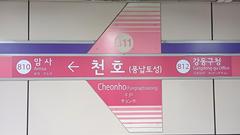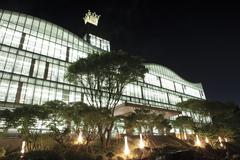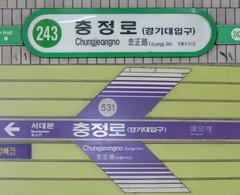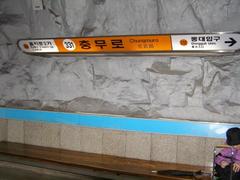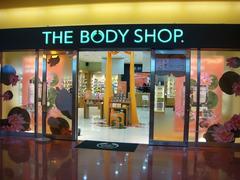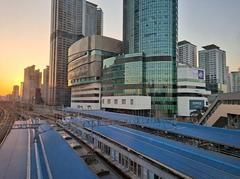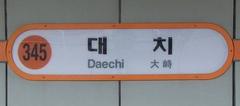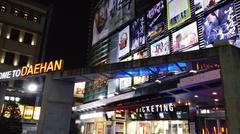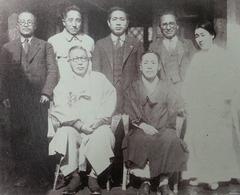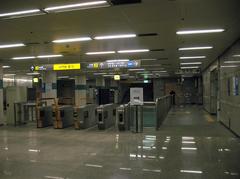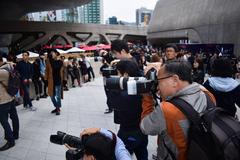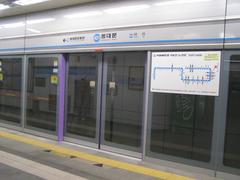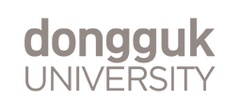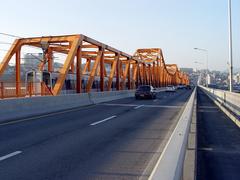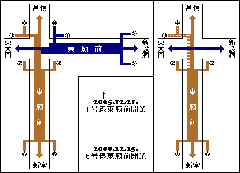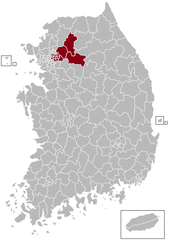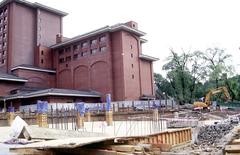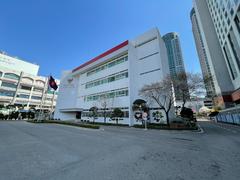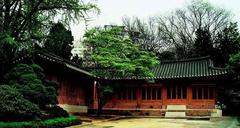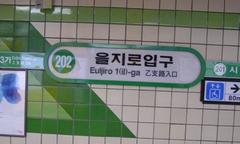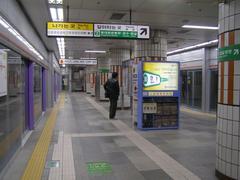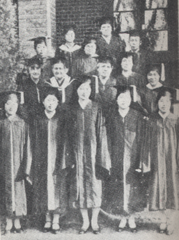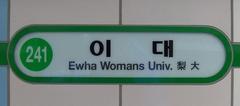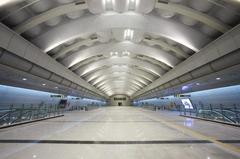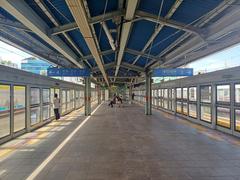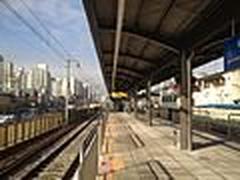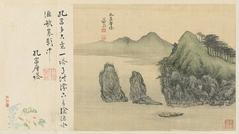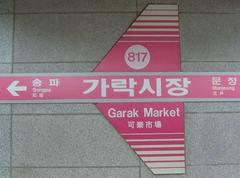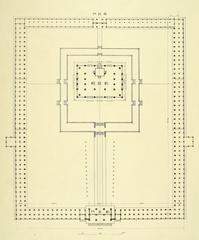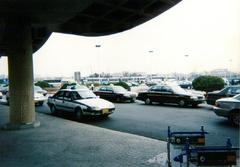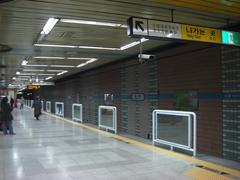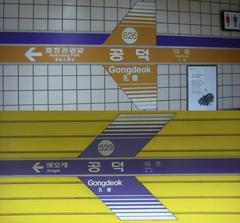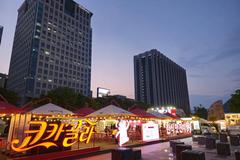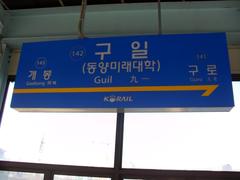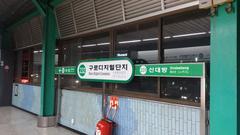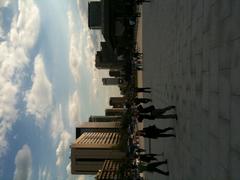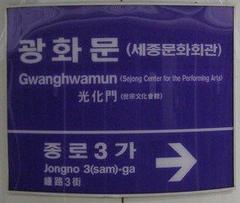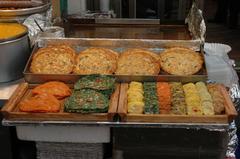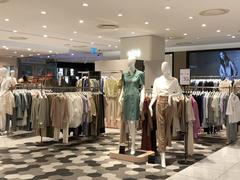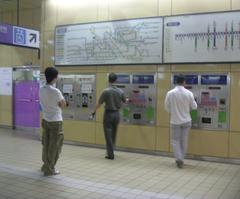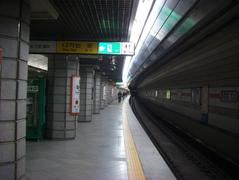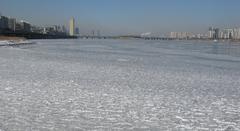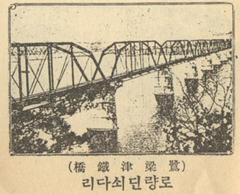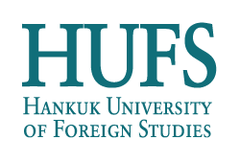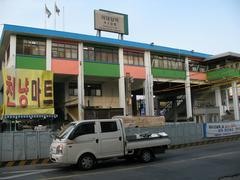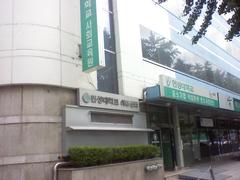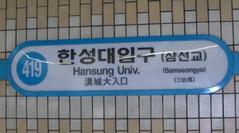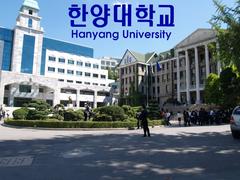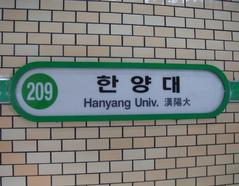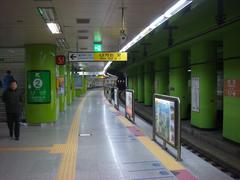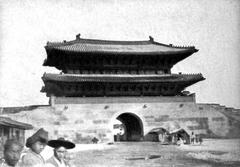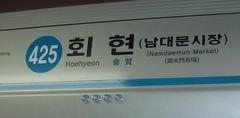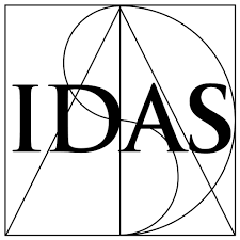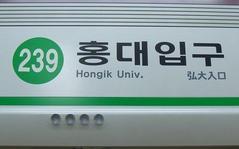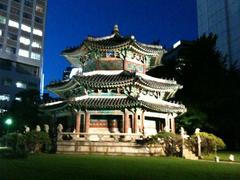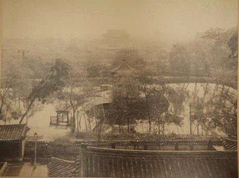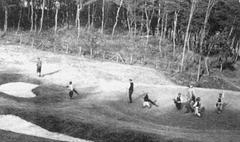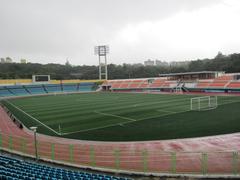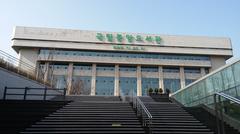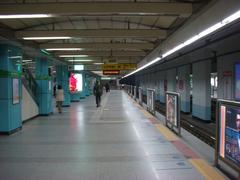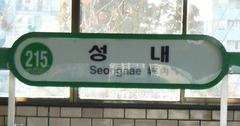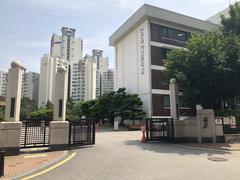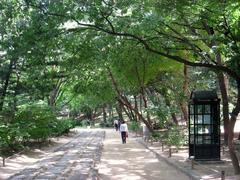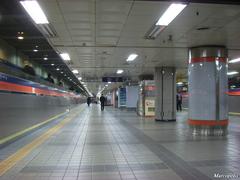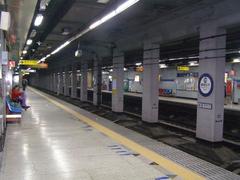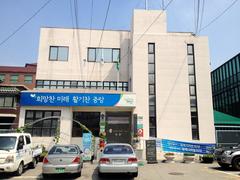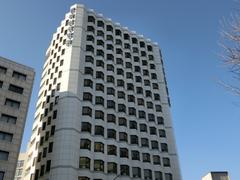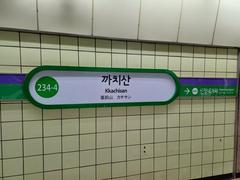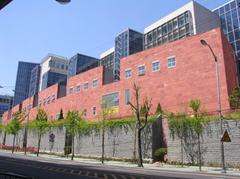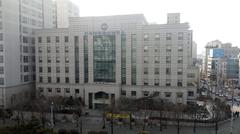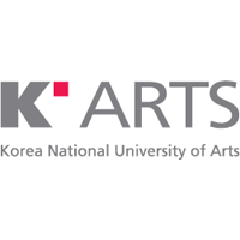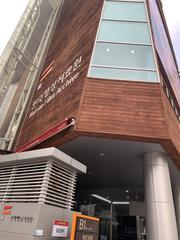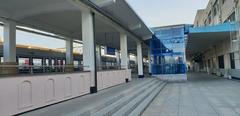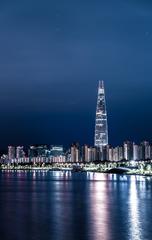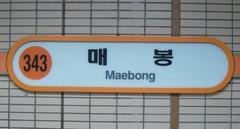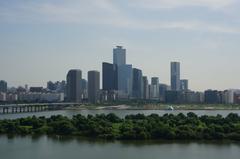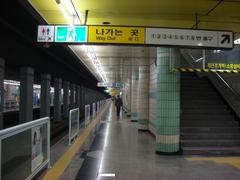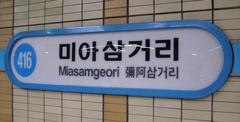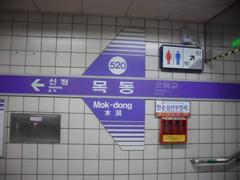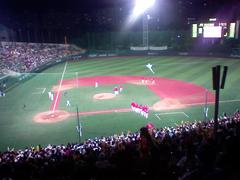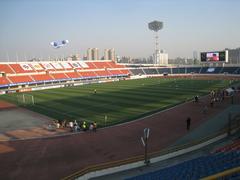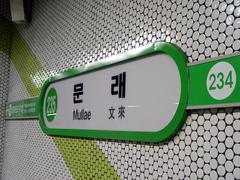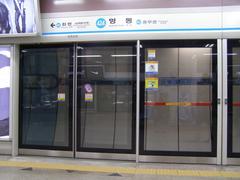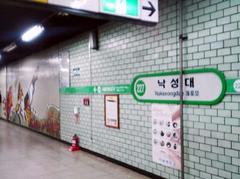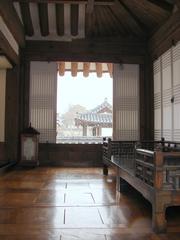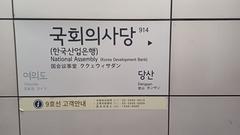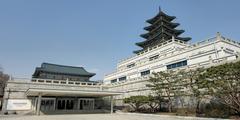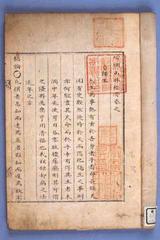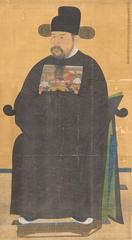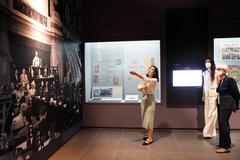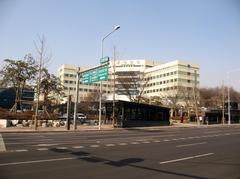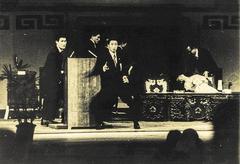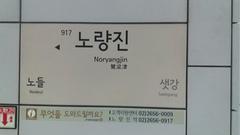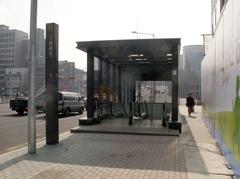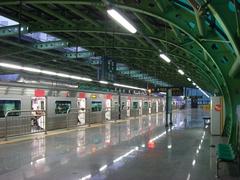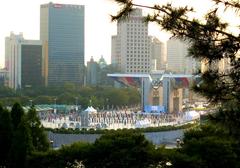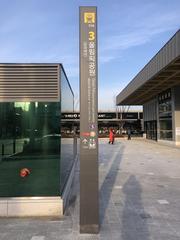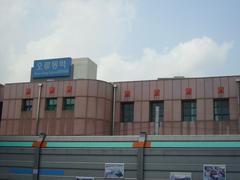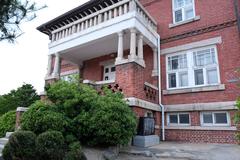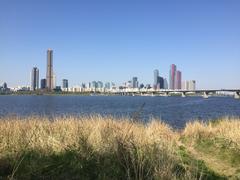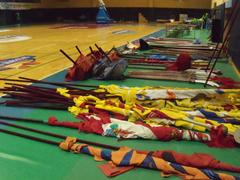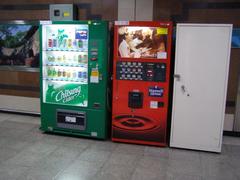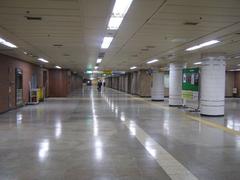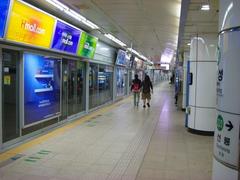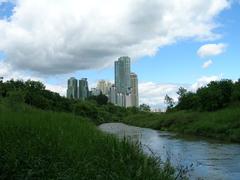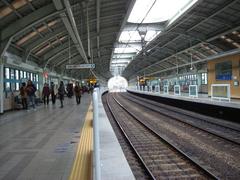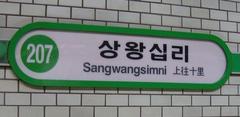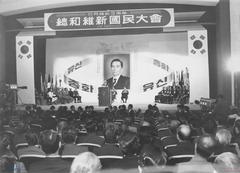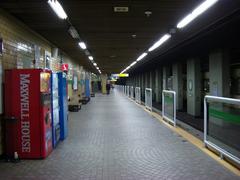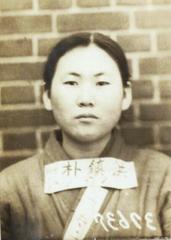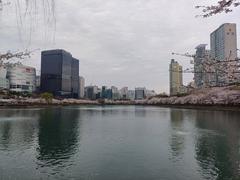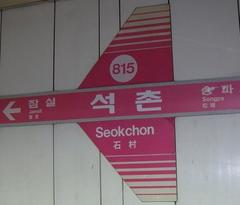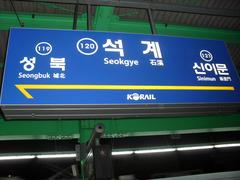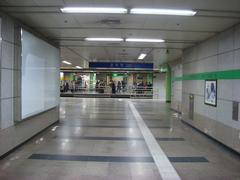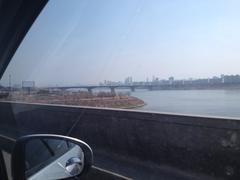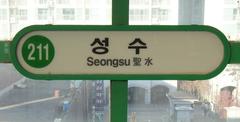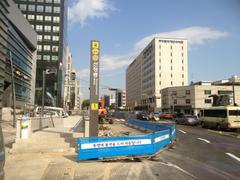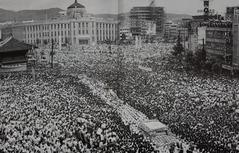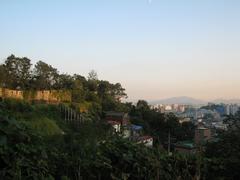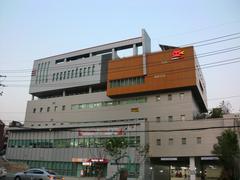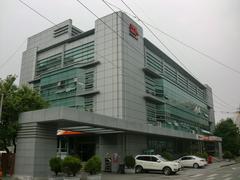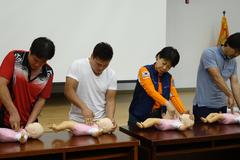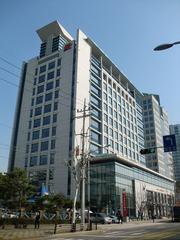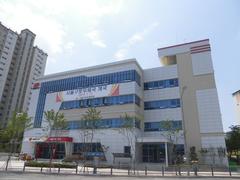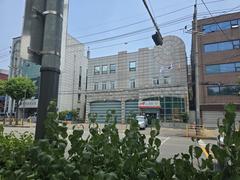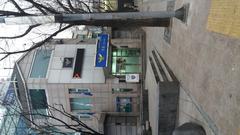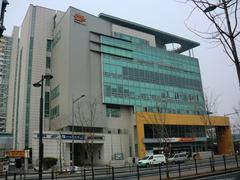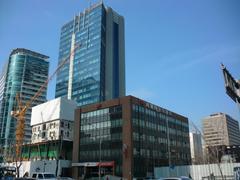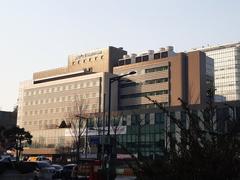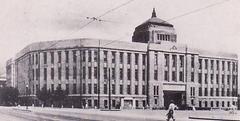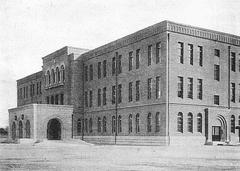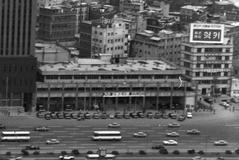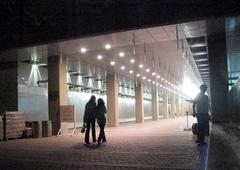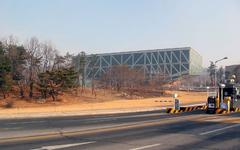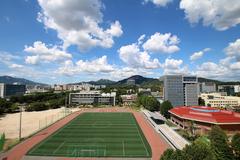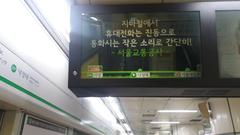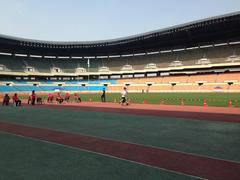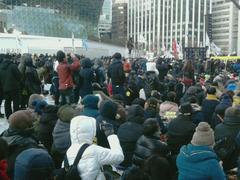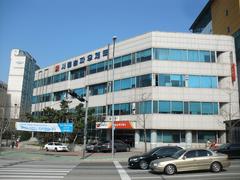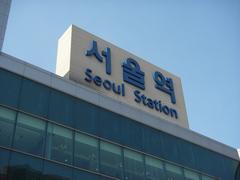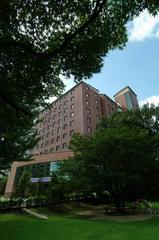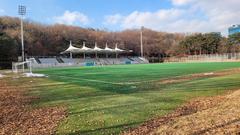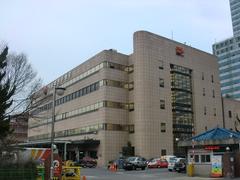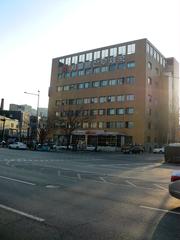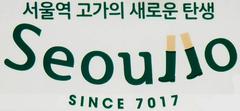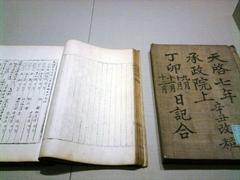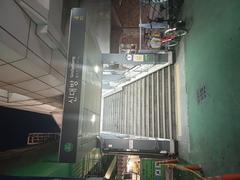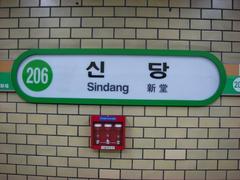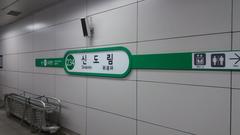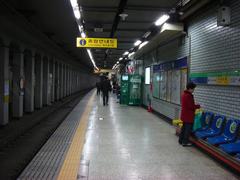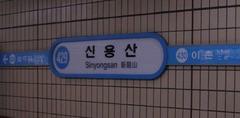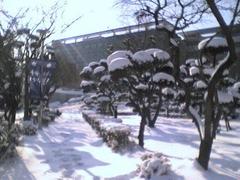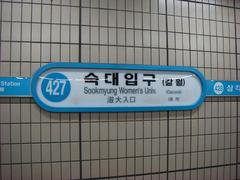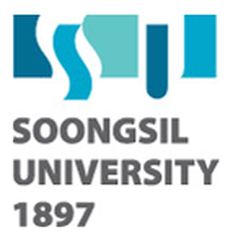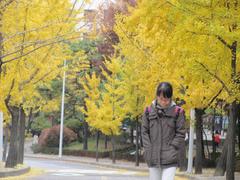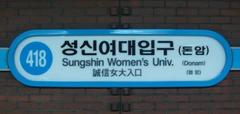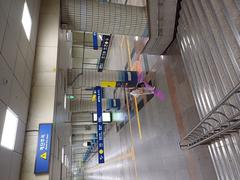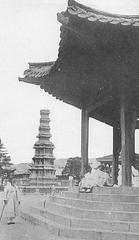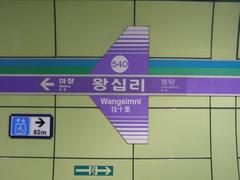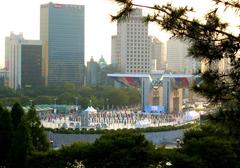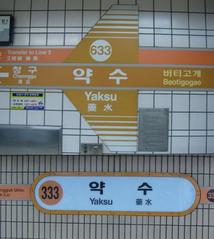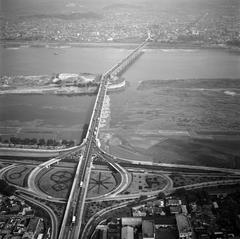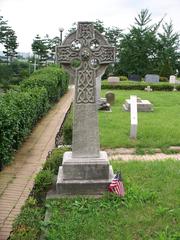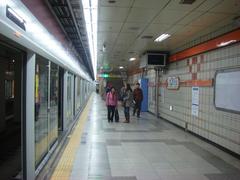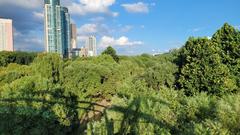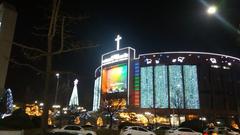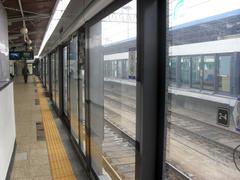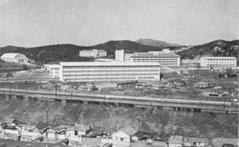Dunchon-Dong Station Visiting Hours, Tickets, and Travel Guide to Seoul Historical Sites
Date: 03/07/2025
Introduction
Dunchon-dong Station, located in Seoul’s Gangdong District, serves as a vital transit node on Seoul Subway Line 5 and stands at the crossroads of the city’s urban evolution and cultural heritage. Since its opening in 1995, the station has facilitated connectivity between eastern Seoul’s residential neighborhoods and the broader metropolitan area, supporting the city’s modernization and decentralization. Today, Dunchon-dong is more than just a transportation hub—it’s a gateway to a dynamic local community, major redevelopment projects, and authentic cultural experiences.
This comprehensive guide equips travelers with essential information, including up-to-date visiting hours, ticketing options, accessibility features, travel tips, and highlights of nearby attractions and events. Whether you’re a first-time visitor or a seasoned Seoul explorer, let Dunchon-dong Station introduce you to the city’s vibrant blend of tradition and innovation (ExploreMetro, Maeil Business News, Seoul Metro Official Site).
Table of Contents
- Introduction
- Historical Background
- Recent Developments and Urban Transformation
- Visitor Information
- Nearby Attractions and Points of Interest
- Special Events and Local Experiences
- Frequently Asked Questions (FAQ)
- Conclusion
Historical Background of Dunchon-dong Station
Early Development and Urbanization
Dunchon-dong Station opened in 1995 as part of Seoul’s efforts to expand west-east subway connectivity. Positioned along Yangjae-daero, the station was designed to serve the rapidly urbanizing neighborhoods of Dunchon-dong and Seongnae-dong. Its establishment coincided with Seoul’s post-war transformation and decentralization, providing vital transit access to emerging residential zones (Wikipedia, ExploreMetro).
Community Growth
The area surrounding the station is characterized by high-density residential complexes, notably the Dunchon Jugong Apartments, which have shaped community identity since the 1980s. Proximity to the Korea National Sport University and recreational spaces like Olympic Park further cements the station’s significance in the daily lives of residents and visitors alike (InfomaxAI).
Recent Developments and Urban Transformation
Olympic Park Foreon Redevelopment
One of the most significant urban transformations in Seoul, the Olympic Park Foreon project is the largest apartment reconstruction in South Korea’s history. Spanning approximately 460,000 square meters, the redevelopment introduces 85 apartment buildings—up to 35 stories high—and will welcome over 10,000 new households by July 2025. Its direct underground links to both Dunchon-dong Station (Line 5) and Dunchon Oryu Station (Line 9) are set to further elevate the area’s connectivity and vibrancy (Maeil Business News).
Commercial Expansion and Infrastructure
To support the burgeoning population, the district’s integration plan has expanded the commercial and business zone along Yangjae-daero. The new Foreon Station 5 shopping mall, directly connected to the subway, offers over 61,800 square meters of retail space, housing hundreds of stores, restaurants, and entertainment venues. Infrastructure upgrades—including wider pedestrian pathways, modern public transport links, and enhanced station facilities—ensure accessibility and convenience for all visitors (Maeil Business News, ExploreMetro).
The transformation of Dunchon-dong Station is part of broader renewal efforts in Gangdong-gu, modernizing housing and public amenities while preserving the area’s local character (Maeil Business News).
Visitor Information
Visiting Hours and Ticketing
- Operating Hours: Dunchon-dong Station is open daily from approximately 5:30 AM to midnight, in line with Seoul Metro’s regular schedule.
- Ticketing Options:
- Single Journey Tickets: Purchase at station vending machines.
- T-money Card: Rechargeable and usable on all public transit.
- Discover Seoul Pass: Offers unlimited rides and discounts for tourists (thesoulofseoul.net).
For the latest ticket fares and schedules, refer to the Seoul Metro Official Site.
Amenities and Accessibility
- Facilities: Clean restrooms (including accessible options), convenience stores, ATMs, coin-operated lockers, and free Wi-Fi.
- Accessibility: Elevators, escalators, tactile paving for the visually impaired, and multilingual signage. Information desks provide assistance in English and Korean.
- Navigation: Use KakaoMap or Naver Map for real-time transit and station exit information.
Travel Tips
- Peak Hours: Avoid 7:30–9:30 AM and 5:30–7:30 PM for a more comfortable journey.
- Payment: T-money card is recommended for convenience and discounts.
- Safety: The area is considered very safe, with well-lit streets and frequent security patrols.
Nearby Attractions and Points of Interest
- Olympic Park: A vast urban park with gardens, sculptures, sports facilities, and historic monuments from the 1988 Seoul Olympics. Open daily 5:00 AM–10:00 PM; entry is free.
- Foreon Station 5 Mall: A major shopping and dining destination directly connected to the station.
- Dunchon Traditional Market: Experience local food, fresh produce, and everyday Korean life.
- Korea National Sport University: Occasionally hosts public sporting events.
- Han River Parks: Accessible via nearby subway lines, ideal for cycling and recreation.
- Jamsil Area: Close to Lotte World Tower and amusement park, offering a mix of historic and modern attractions (sunsetsabroad.com).
Special Events and Local Experiences
While the station itself does not host regular events, the surrounding area frequently features seasonal festivals, market celebrations, and activities in Olympic Park. Community centers offer Korean language and arts classes, and local markets often host cultural performances (thesoulofseoul.net).
Frequently Asked Questions (FAQ)
Q: What are the operating hours for Dunchon-dong Station?
A: 5:30 AM to midnight daily.
Q: How do I buy subway tickets?
A: Single journey tickets and T-money cards are available at vending machines and convenience stores.
Q: Is the station accessible for people with disabilities?
A: Yes, with elevators, ramps, tactile paving, and accessible restrooms.
Q: What attractions are close to Dunchon-dong Station?
A: Olympic Park, local markets, Han River parks, and easy access to Jamsil and Gangnam.
Q: Are there guided tours available?
A: Olympic Park offers guided tours; check at the information desk for details.
Conclusion
Dunchon-dong Station exemplifies Seoul’s unique synergy of historical roots and forward-looking urban innovation. Whether you’re navigating the city’s subway network, exploring Olympic Park, or enjoying local markets and festivals, the station offers seamless access and modern amenities. With ongoing development projects like Olympic Park Foreon transforming the area, Dunchon-dong is poised to remain a vibrant destination for residents and travelers alike.
Plan your visit with this guide, make use of the T-money card for hassle-free transit, and immerse yourself in the authentic everyday life of eastern Seoul. For real-time updates, event information, and insider tips, download the Audiala app and follow our related travel content.
Visual Aids:
- Include images of Dunchon-dong Station entrances (alt text: “Dunchon-dong Station entrance, Seoul subway Line 5”).
- Add maps showing the station’s location and connections.
- Feature photos of Olympic Park and Foreon redevelopment.
References
- ExploreMetro - Dunchon-dong Station
- Maeil Business News - Dunchon-dong Redevelopment
- Seoul Metro Official Site
- The Soul of Seoul - Travel Guide
- Then & Nows - Seoul Urban Evolution
- Sunsets Abroad - Seoul Guide
- Namu Wiki - Dunchon-dong Station
- Blue Roof Politics - Redevelopment
- TwoBike Tistory - Dunchon Insights
- Wanderlog - Visiting Seoul in July
- Unravel Korea - Seoul Connectivity
Internal Links:
- [Seoul Historical Sites Guide]
- [Top Monuments to Visit in Seoul]
- [Seoul Public Transportation Tips]
Call to Action:
Download the Audiala app for personalized travel updates, explore more guides on Seoul’s neighborhoods, and follow us on social media for the latest travel tips and event news.
